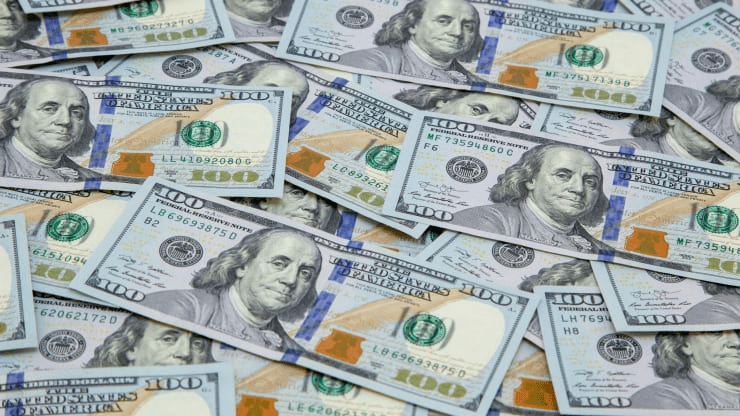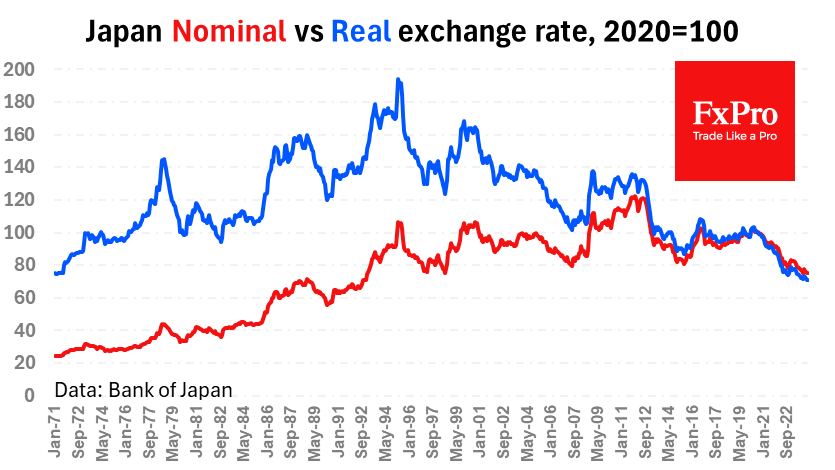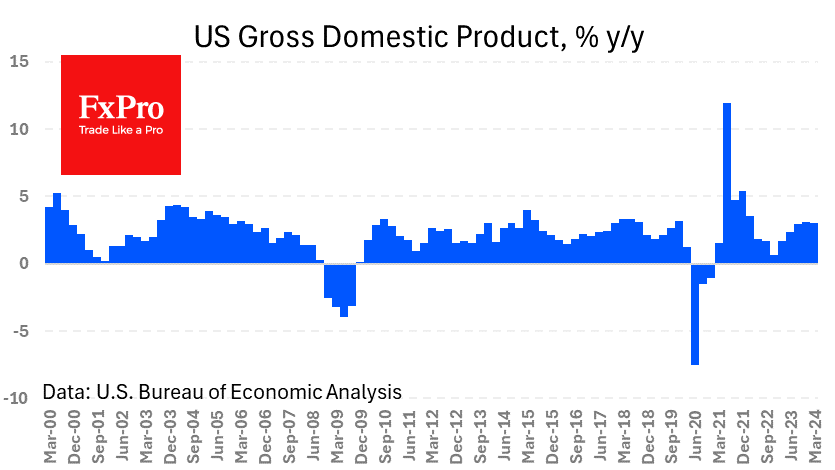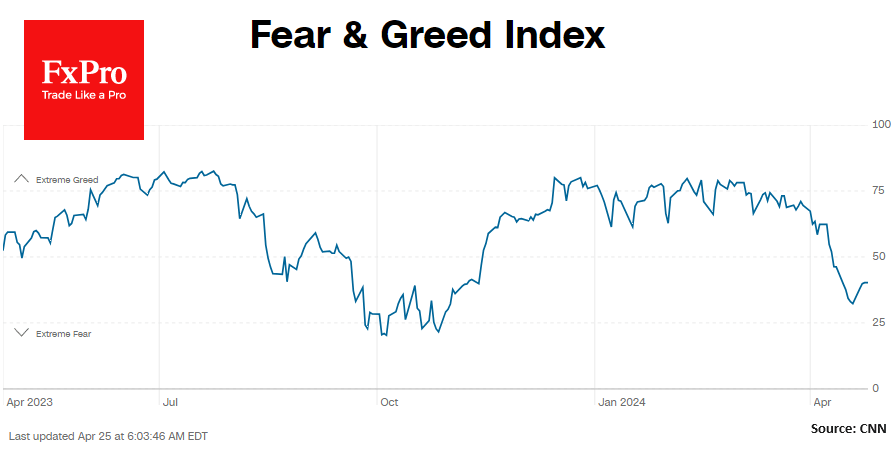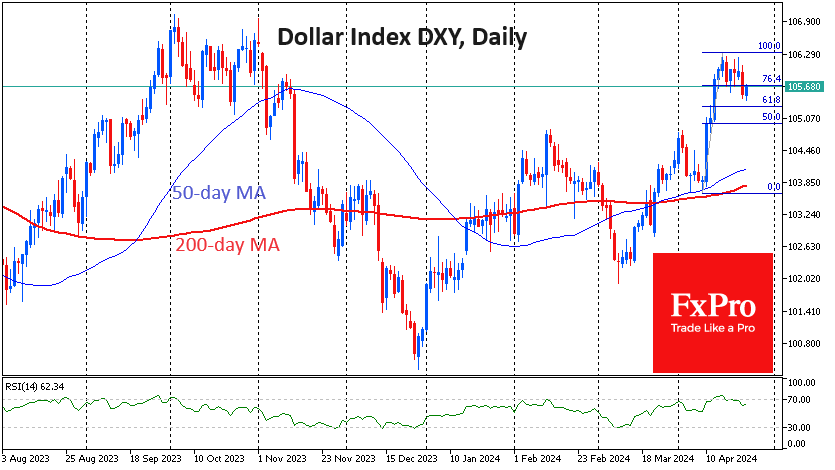The U.S. currency’s demand as an ‘emergency dollar’ could be waning, Deutsche Bank says
June 22, 2020 @ 14:59 +03:00
The currency markets are currently facing “multiple cross-currents” amid fears over a potential second wave of coronavirus cases in the world, said Deutsche Bank’s Sameer Goel, who is chief Asia macro strategist.
A “big question” for investors right now over the U.S. dollar is whether it should be trading at a safe-haven risk premium as concerns rise over a potential second wave of virus infections, Goel told CNBC’s “Street Signs” on Monday.
He said that in a potential resurgence of cases, the U.S. dollar could weaken against most of its peers in developed markets, and to an extent, possibly China too.
His comments came after the U.S. reported a spike in the number of cases over the weekend. More than 30,000 new cases were reported on Friday and Saturday — the highest daily totals since May 1, according to data compiled by Johns Hopkins University.
Meanwhile, the recent detection of a cluster of infections in the Chinese capital of Beijing also stoked concerns of a potential resurgence of the virus in the country, where Covid-19 was first reported before it spread to the rest of the world.
On Monday afternoon Singapore time, the U.S. dollar index stood at 97.503 against a basket of its peers. Earlier in June, it was trading at levels below 96.5.
Since March, investors have been favoring the greenback over its peers in the Group of 10 countries, in part due to “emergency dollar demand” as the world went into a synchronized shutdown to stem the spread of the coronavirus outbreak, Goel said. Investors typically flock to the U.S. dollar in times of uncertainty, in part due to its position as the world’s reserve currency.
The onshore Chinese yuan was last trading at 7.0804 against the greenback, having seen levels around 7.11 earlier in June. Meanwhile, its offshore counterpart changed hands at 7.0744 per dollar, compared to levels around 7.12 seen earlier in the month.
As China progressively opens up its financial markets, and is being included in various indexes, and introduces more local currency-denominated assets, the “portfolio flow story incrementally does become more positive” for the yuan, the strategist said.
The U.S. currency’s demand as an ‘emergency dollar’ could be waning, Deutsche Bank says, CNBC, Jun 22




